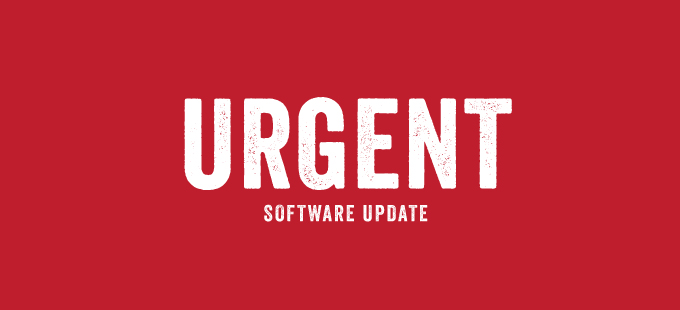In today’s digital age, keeping software updated is crucial to securing your information and systems. However, cybersecurity companies often warn that malware disguised as software updates poses a significant risk to network security. How can you distinguish between legitimate software updates and deceptive attempts by hackers? Here are some tips from Invision’s cybersecurity experts:
- Recognize Genuine Sources
Legitimate updates are typically distributed through the software’s settings or directly from the developer’s website. Network security companies advise against trusting updates that pop up randomly on your computer, especially while browsing the internet. These are often advertisements designed to look appealing but are actually laced with malware.
- Scrutinize Pop-Up Ads
Be wary of pop-up ads that suddenly inform you of an urgent need to scan your computer for viruses or update your software. Real software updates should not require you to click on ads or provide personal information in pop-up windows. If you encounter a pop-up that asks for your credentials or personal information, it’s likely a scam.
- Evaluate Email Notifications
If you receive an email claiming to provide software updates, check the sender’s email address carefully. A legitimate email should come from a domain that matches the software company’s official website without any additional, suspicious text. For instance, an email from “[email protected]” should raise a red flag as it deviates from the expected “adobe.com”.
- Trust Your Instincts
If something feels off, it probably is. Cybersecurity companies suggest trusting your instincts. If an update notification makes you uncomfortable, or if you didn’t expect an update, take a moment to verify its authenticity before proceeding. Visit the developer’s official site or contact their support directly for confirmation.
What To Do If You Click on a Suspicious Software Update Notification
If you suspect that you have inadvertently downloaded a fake update, contact your IT department or outsourced IT company immediately. Delaying could lead to further infiltration of malware in your system. Don’t panic though – an IT professional or outsourced IT company can offer support to help mitigate such threats quickly.
If you don’t have a trusted IT contact or company, reach out to Invision. Our cybersecurity experts are ready to save the day.




